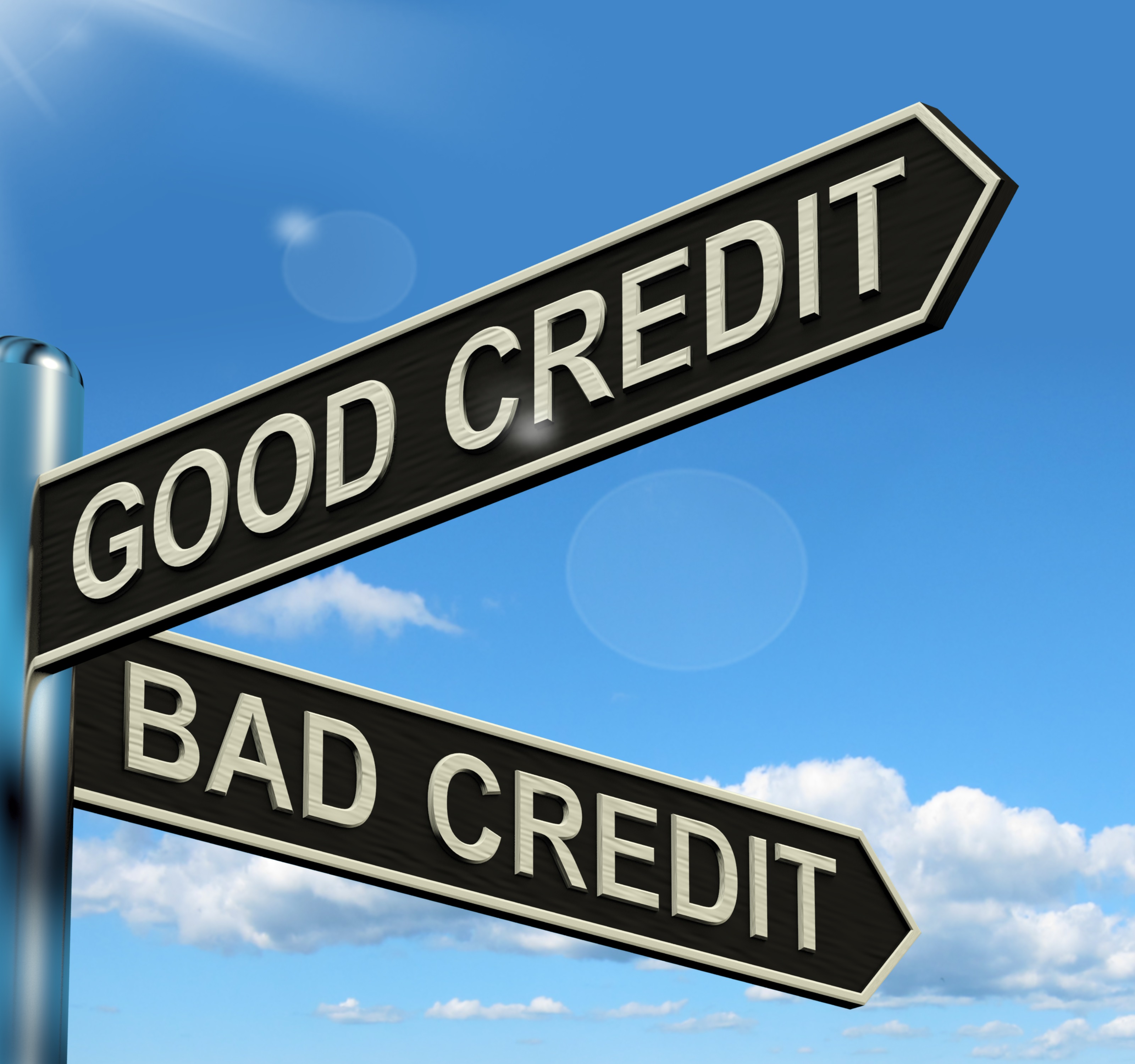Household Bills
Why getting on the electoral roll is not all about voting powers

With just three days to register to vote for next month’s UK General Election, more than a million young people are yet to sign up to the electoral roll which could dent their chances of getting credit in the future.
Aside from denying them their say in the direction the UK will head in post-Brexit, data from credit checking company ClearScore revealed that one in four people aged under 24 were unaware that signing up to the electoral roll can boost their credit score.
As a result, 1.3 million young Brits could be putting themselves at risk of credit rejection. But what is a credit score and why is it so important?
Credit score: the facts
A credit score is a number lenders use to help them decide how likely they are to be repaid on time if they give you a loan or credit card. Your individual credit score is based on your credit history.
If you’re new to borrowing or have had a few late payments, you could find yourself with a less than perfect credit score.
So why does not being on the UK electoral register damage your credit rating? It introduces doubt to lenders’ assessment of your identity, adding uncertainty whether you are who you say you are – and you live where you say you live.
Being on the electoral roll not only supports credit applications, but improves your credit score overall by serving as a means of verifying your identity and personal details.
Justin Basini, CEO at ClearScore, said: “We were surprised to see that so many young adults are still not registered to vote. Being on the electoral roll is a simple and easy way to boost your credit score, as lenders use this information to confirm a credit applicant’s identity. Without a good credit score, young people will face an uphill struggle to secure credit as they move through different life stages.”
Five other ways to boost your credit score
- Pay ALL your bills on time – even being a couple of days late can make a big difference. See YourMoney.com’s I’m worried one missed credit card payment will damage my credit score for more information on what to do.
- Ensure there are no incorrect details on your credit record – check it regularly and if the details are wrong, correct them. People often move house and change jobs without updating their records.
- Look into specialist credit card providers which can help you build and improve your credit rating – this will help if you have had problems with credit in the past. See YourMoney.com’s The credit cards that can help you repair your credit score for more details.
- Don’t apply for more than one credit product at a time as each application can have a negative impact on your credit rating. Waiting to hear a response from one provider might seem frustrating but applying for multiple cards could harm your score. Instead, use an eligibility checker first to see your chances of being accepted for a credit card before it leaves a footprint on your file.
- Close old credit card accounts and cancel old direct debits – they will still show up on your record if you don’t get rid of them. See YourMoney.com’s Should I cancel my unused credit cards? to find out the pros and cons of doing so.